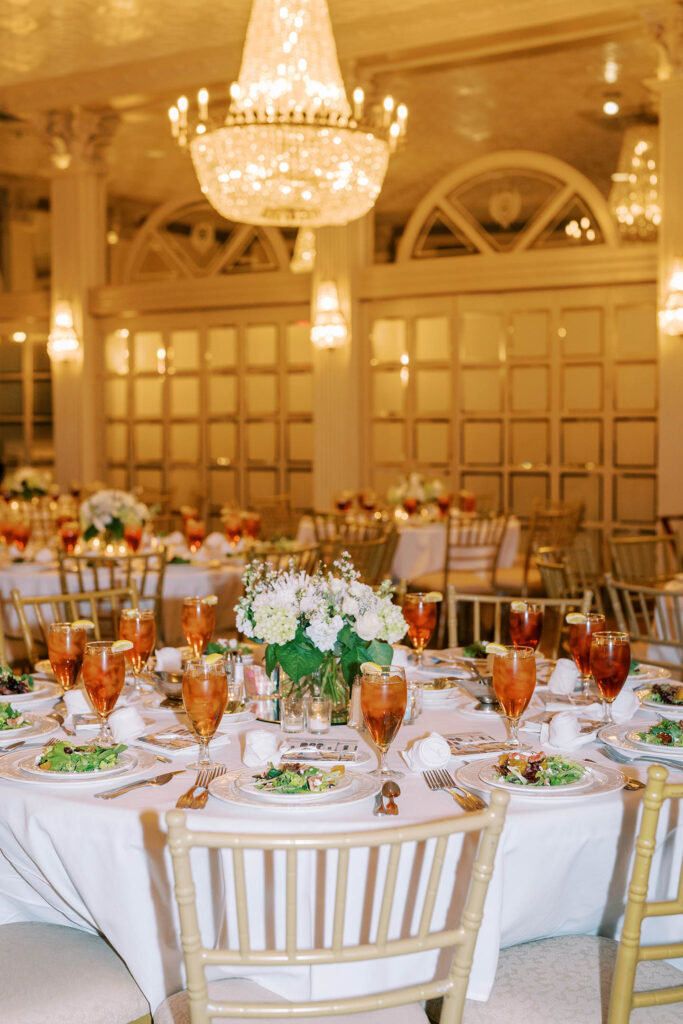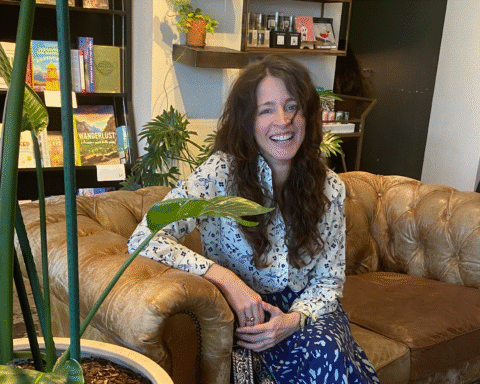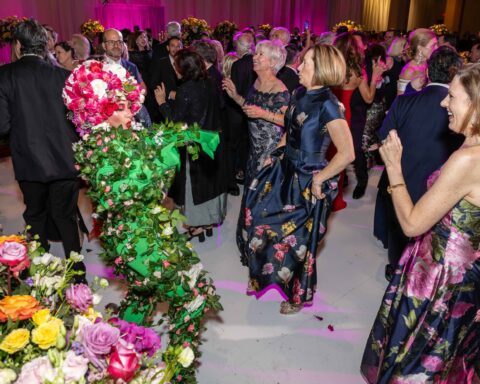Angelina Eberly Luncheon Attracts Historically-Minded Attendees
By Lori Duran Photography by Joe Bryson and Victoria Trevino with Pearl Events Austin

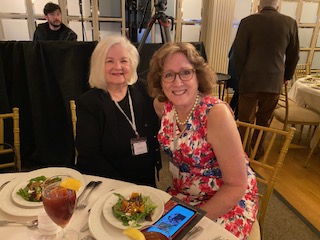

THE SETTING: The downtown Austin Club was the recent setting of the 2024 annual fundraiser that benefits the Austin History Center Association (AHCA), which in turn helps support the Austin History Center. The Angelina Eberly Luncheon has been conducted annually since 2009 by the Austin History Center Association. This year it was hosted by Austin-based fan-favorite musician, singer, storyteller, and songwriter Guy Forsyth. Austin politicians, celebrities, and history enthusiasts filled the venue’s ballroom to celebrate the infectious spirit of one of our founding citizens, Angelina Eberly, and what she did to save Austin as the Capital City in the nineteenth century.

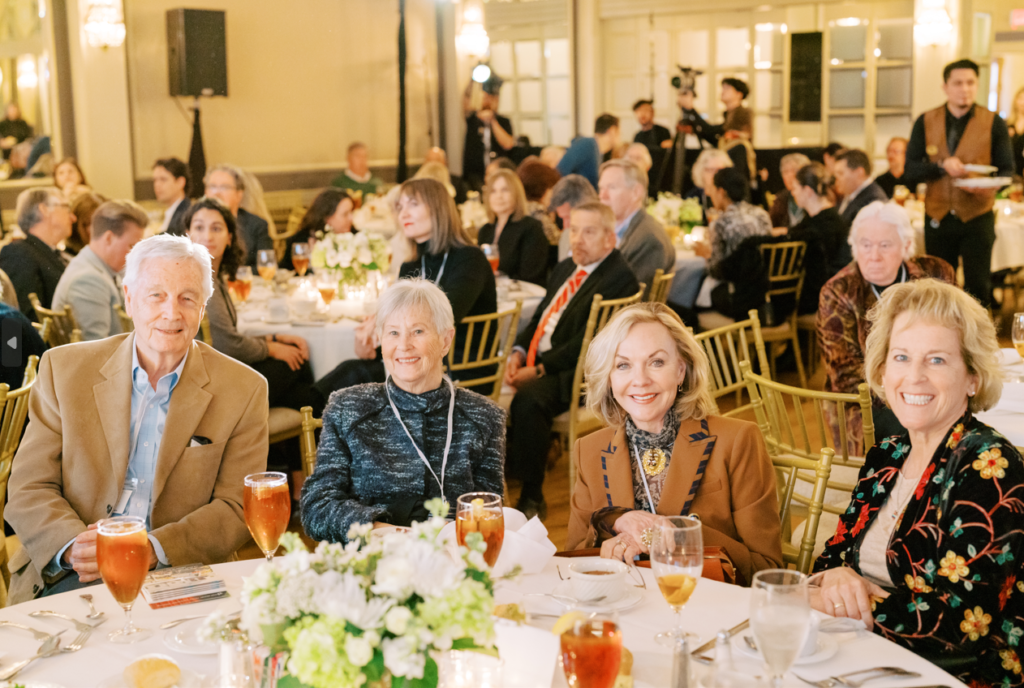
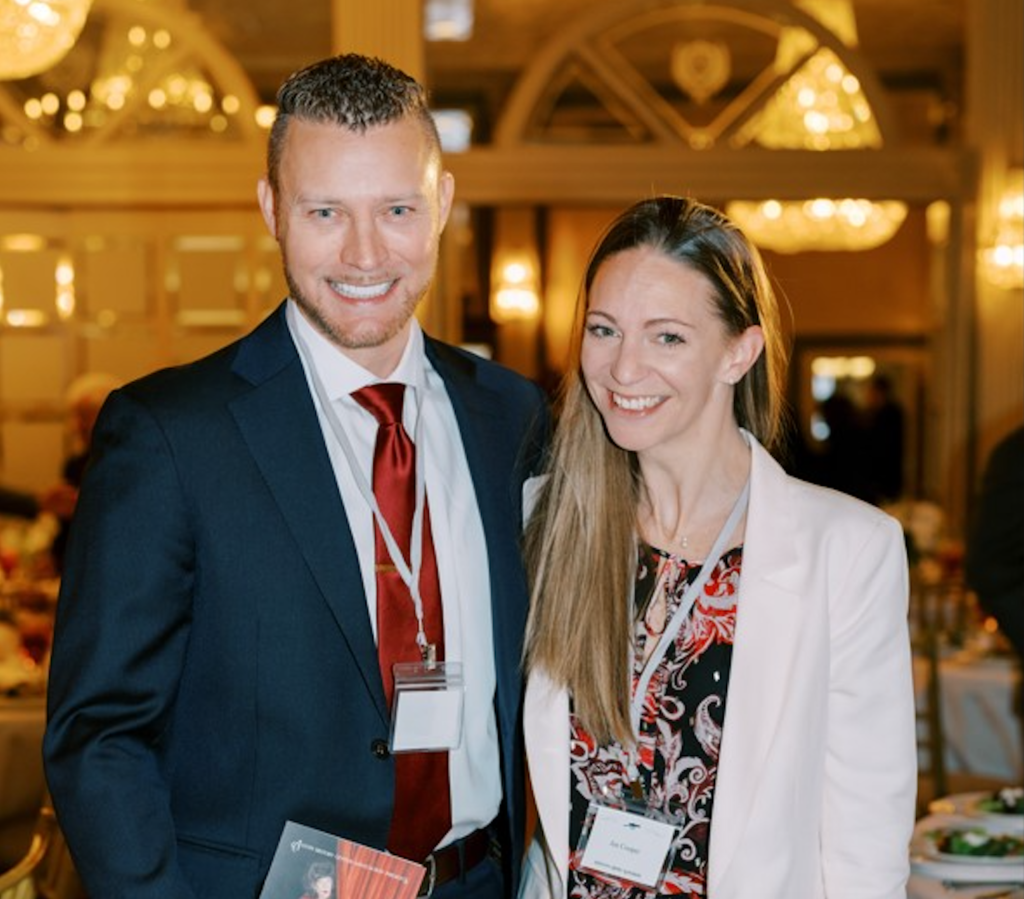
THE VIBE: Inside the iconic Austin Club, formerly the historic Millet Opera House, was the fabulous setting for this gathering of historically-oriented minds. Once inside the grand ballroom, guests dined on a delicious multi-course meal while being treated to a hilarious live re-enactment of the story of how exactly Eberly saved Austin’s position as the state capitol in 1842 by the entertaining one-of-a-kind Shannon Sedwick and her live comedy troupe, Esther’s Follies. Angelina Eberly was an early Austin innkeeper, who in December 1842, famously fired a six-pound cannon into the General Land Office Building to alert citizens when agents, secretly dispatched by Governor Sam Houston, began loading contents of the government archives into a wagon to transport them to Washington-on-the-Brazos. Austin prevailed in the “Archives War,” and remained the capital of Texas and keeper of the state’s archives. A bronze statue of Eberly and her cannon stands in the 600 block of Congress Avenue in downtown Austin.

